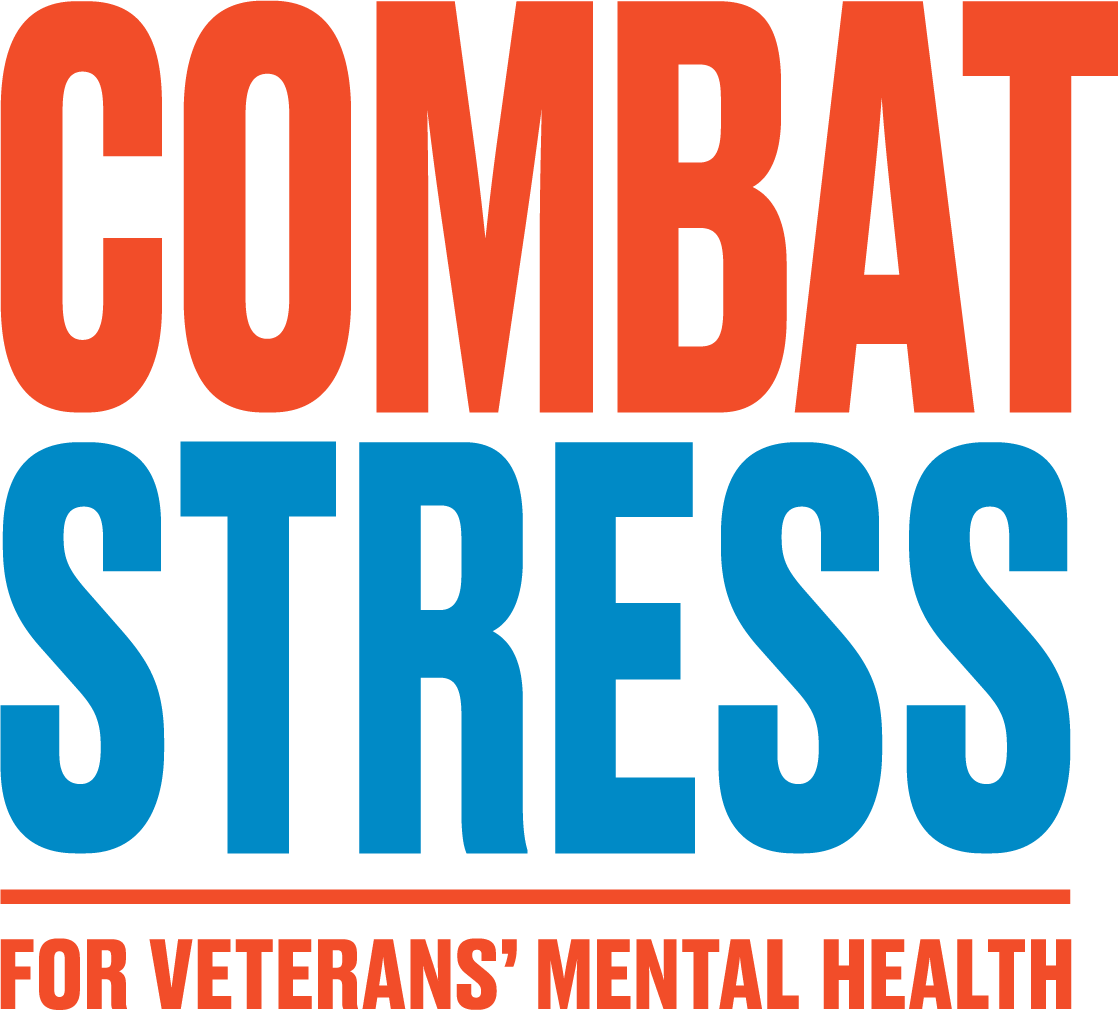- Veterans’ mental health charity Combat Stress has undertaken the first studies in the UK to explore the mental health needs of partners of UK veterans diagnosed with Post Traumatic Stress Disorder (PTSD)
- Of the 100 female partners surveyed, almost half had alcohol issues, just under a fifth displayed symptoms of PTSD
- A subsequent study undertaken by Combat Stress showed partners face challenges including inequality in their relationship; loss of own identity; living in a volatile relationship; and suffering emotional distress and isolation
- Combat Stress has developed a two year pilot programme to support partners who have mental health issues as a result of caring for a veteran with PTSD
Combat Stress has developed a pilot intervention programme to support partners of veterans diagnosed with PTSD, after research revealed the burden of caring for a veteran can put them at risk of developing a mental health condition themselves.
In the first study of its kind, Combat Stress, the UK’s leading mental health charity for veterans, surveyed the mental health needs of 100 female partners of former servicemen diagnosed with PTSD. Of the women surveyed, 45% had alcohol problems, 38% had depression, 37% had anxiety and 17% showed symptoms of PTSD.
The study also found that those women experiencing mental health difficulties were less likely to seek support due to stigma and prioritising the veterans’ mental health over their own.
A subsequent study by Combat Stress asked veterans’ partners about their experiences of living with someone with PTSD. The results showed that partners face challenges including inequality in their relationship, loss of their own identity, living in a volatile environment, and emotional distress and isolation.
Both studies were funded by The Royal British Legion.
To tackle these issues Combat Stress has launched a two year pilot programme, funded by The Royal British Legion, to support partners who have developed mental health issues as a result of caring for a veteran with PTSD.
The programme will teach partners how to recognise the symptoms of mental health issues, reduce stigma by providing a space to discuss concerns and gain support from peers, help them learn how to overcome the challenges they might be facing as a partner and will publicise the availability of mental health services in their area. The results of the pilot programme will be used to assess how Combat Stress might be able to help.
Sue Freeth, Chief Executive of Combat Stress, said:
“This important partner study revealed that a significant percentage of partners had developed alcohol problems, depression and anxiety disorders. It also showed that partners are affected by stigma and are reluctant or unable to seek help.
“A subsequent qualitative study showed that support interventions should be personalised, focus on practical techniques and consider practical limitations. Combat Stress is undertaking a pilot study over the next two years using a number of established interventions to provide support to partners.”
Dr Dominic Murphy, lead author of the research papers, said: “Given the level of need we uncovered in our research to support veterans’ partners, we are delighted to now be in a position to deliver this unique pilot programme.
“This programme will give partners a good insight into how and why veterans are affected by PTSD, and how they can manage the impact that has on the family. Many of the women we’ve spoken to have told us they’ve made sacrifices to accommodate the veteran’s needs. We’ll be helping partners to understand that it’s ok for them to prioritise their own needs, and we’ll give them the strategies to do that.”
ENDS
If you would like to arrange an interview with Combat Stress or request a copy of the research papers, please contact Nicola Hudson, PR and Communications Officer, on 01372 587165 / 07711 590259 or at nicola.hudson@combatstress.org.uk.
The first study ‘Mental Health Difficulties and Help-Seeking Beliefs within a Sample of Female Partners of UK Veterans Diagnosed with Post-Traumatic Stress Disorder’ was published in August 2016 and surveyed 100 women. The second study ‘Living alongside military PTSD: a qualitative study of female partners’ experiences with UK Veterans’ was published in April 2017 and surveyed 10 women.
Notes to editors:
Combat Stress is the UK’s leading mental health charity for veterans. Founded in 1919, our work is as vital today as it was after the First World War.
On average it takes 12 years after leaving the military for veterans to contact Combat Stress for help, by which time their condition is often highly complex. However veterans of the Iraq and Afghanistan conflicts are coming to Combat Stress much sooner.
We treat conditions including Post Traumatic Stress Disorder (PTSD), depression and anxiety. To help veterans rebuild their lives, we provide a range of free services:
- Short-stay clinical treatment at one of our treatment centres in Ayrshire, Shropshire and Surrey
- A specialist PTSD Intensive Treatment Programme – run at our three treatment centres
- Outpatients – assessment by psychiatrists and psychologists enables us to diagnose, define and deliver the treatment veterans require
- Occupational therapy – using meaningful and creative activity to encourage hope, wellbeing and recovery
- Community Teams – a UK-wide network of Community Teams providing treatment and practical support to veterans
- Substance Misuse Case Management Service – helping veterans to access the services for their drug and alcohol problems so their mental health issues can be addressed
- A 24-hour Helpline for veterans, serving personnel and families (0800 138 1619)
Useful links
Our website: combatstress.org.uk
On Twitter: @CombatStress
On Facebook: facebook.com/CombatStress
On LinkedIn: linkedin.com/company/combat-stress

















